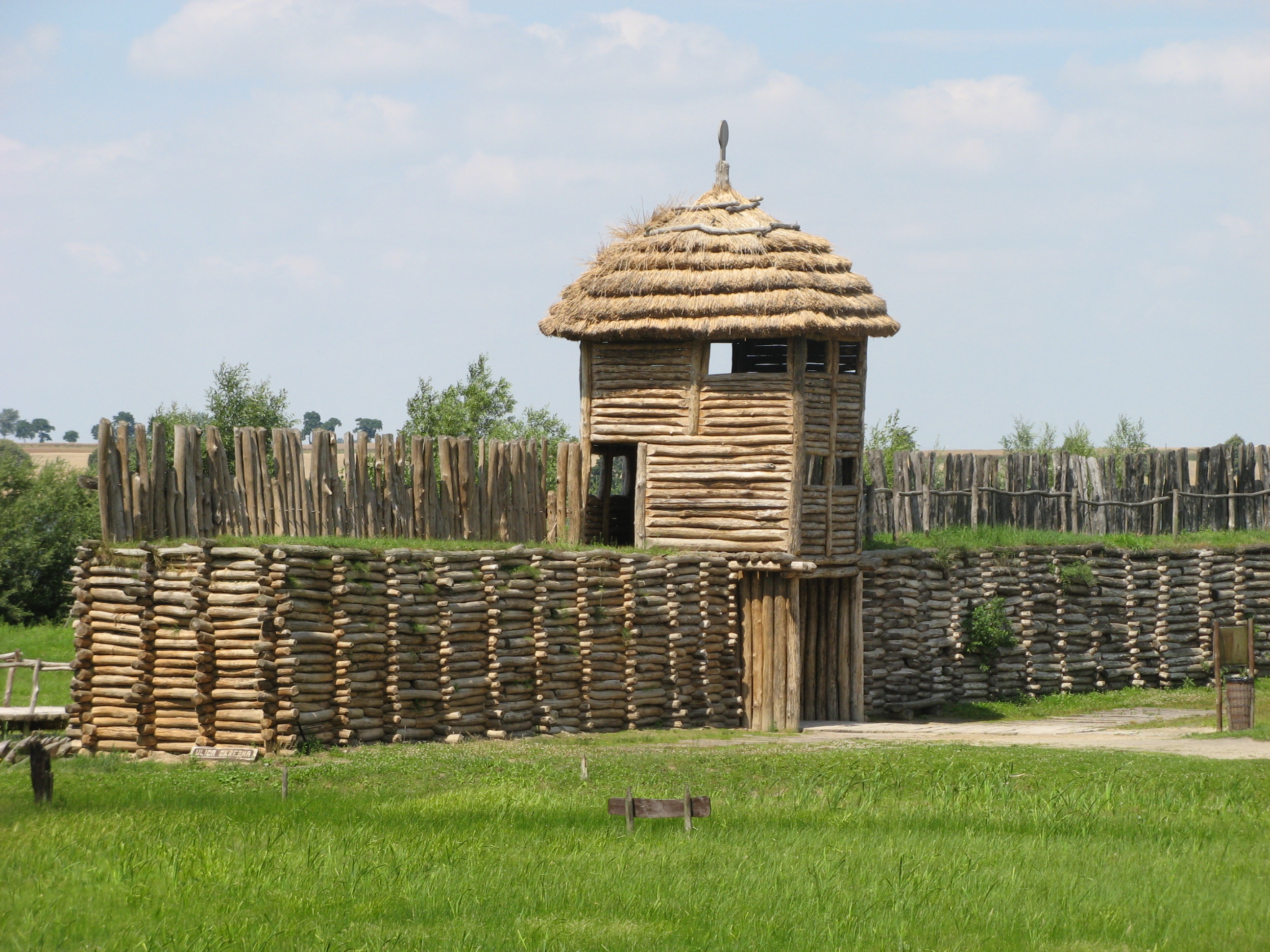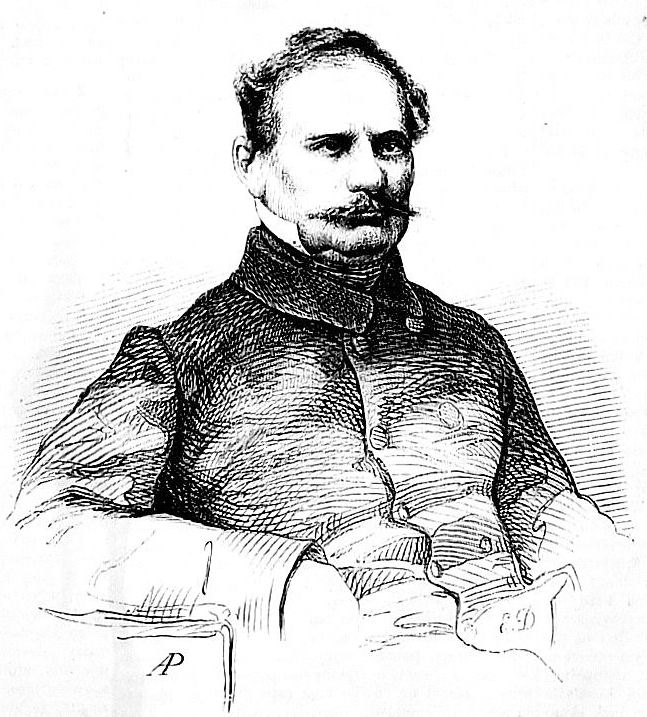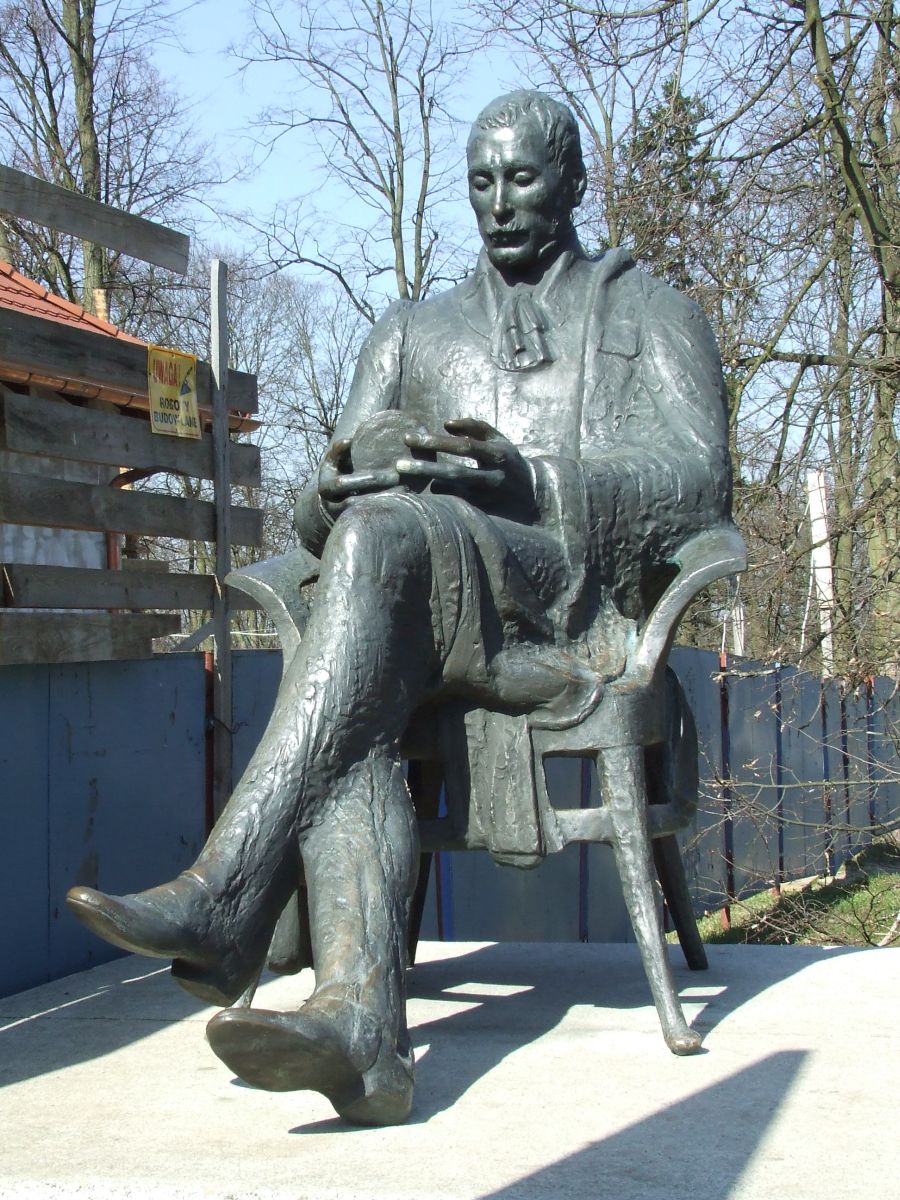|
Romanticism In Poland
Romanticism in Poland, a literary, artistic and intellectual period in the evolution of Polish culture, began around 1820, coinciding with the publication of Adam Mickiewicz's first poems in 1822. It ended with the suppression of the January 1863 Uprising against the Russian Empire in 1864. The latter event ushered in a new era in Polish culture known as ''Positivism''.Czesław Miłosz ''The history of Polish literature.''IV. ''Romanticism.'' Pages 195–280. Google Books. ''University of California Press'', 1983. Polish Romanticism, unlike Romanticism in some other parts of Europe, was not limited to literary and artistic concerns. Due to specific Polish historical circumstances, notably the partitions of Poland, it was also an ideological, philosophical and political movement that expressed the ideals and way of life of a large portion of Polish society subjected to foreign rule as well as to ethnic and religious discrimination. History Polish Romanticism had two distinct ... [...More Info...] [...Related Items...] OR: [Wikipedia] [Google] [Baidu] |
Polish Culture
The culture of Poland ( pl, Kultura Polski ) is the product of its geography and distinct historical evolution, which is closely connected to an intricate thousand-year history. Polish culture forms an important part of western civilization and the western world, with significant contributions to art, music, philosophy, mathematics, science, politics and literature. Its unique character developed as a result of its geography at the confluence of various European regions. It is theorised and speculated that ethnic Poles and the other Lechites ( Kashubians and Silesians) are the combination of descendants of West Slavs and people indigenous to the region including Celts, Balts and Germanic tribes which were gradually Polonized after Poland's Christianization by the Catholic Church in the 10th century. Over time Polish culture has been profoundly influenced by its interweaving ties with the Germanic, Baltic, Latinate and to a lesser extent; Byzantine and Ottoman cultures as ... [...More Info...] [...Related Items...] OR: [Wikipedia] [Google] [Baidu] |
Maurycy Mochnacki
Maurycy Mochnacki (13 September 1803, in Bojaniec near Żółkiew – 20 December 1834, in Auxerre) was a Polish literary, theatre and music critic, publicist, journalist, pianist, historian and independence activist. One of the main theorists of Polish Romanticism. He joined the November Uprising in 1830 taking part in several battles for example at Stoczek, Ostrołęka, Grochów and Wawer. For that activity he was promoted to officer rank and awarded the War Order of Virtuti Militari, which is the highest Polish military decoration. Life Maurycy Mochnacki was born in Bojaniec, Poland, then apart of the Russian Empire. Mochnacki came from a patriotic and politically active family. Mochnacki's father, a lawyer, land-owner, and participant of the Kościuszko Insurrecton, facilitated the education of his children. Maurycy learned classical and contemporary literature, history and foreign languages from home. In 1815, the family moved to Lviv, where he took music classes and al ... [...More Info...] [...Related Items...] OR: [Wikipedia] [Google] [Baidu] |
Polish History
The history of Poland spans over a thousand years, from medieval tribes, Christianization and monarchy A monarchy is a form of government in which a person, the monarch, is head of state for life or until abdication. The political legitimacy and authority of the monarch may vary from restricted and largely symbolic ( constitutional monar ...; through Poland's Golden Age, Polonization, expansionism and becoming one of the largest Polish–Lithuanian Commonwealth, European powers; to its Partitions of Poland, collapse and partitions, two world wars, Polish People's Republic, communism, and the restoration of democracy. The roots of Polish history can be traced to Ancient history, ancient times, when the territory of present-day Poland was settled by various tribes including Celts, Scythians, Germanic peoples, Germanic clans, Sarmatians, Slavs and Balts. However, it was the West Slavs, West Slavic Lechites, the closest ancestors of ethnic Poles, who established permane ... [...More Info...] [...Related Items...] OR: [Wikipedia] [Google] [Baidu] |
Narcyza Żmichowska
Narcyza Żmichowska (Warsaw, 4 March 1819 – 24 December 1876, Warsaw), also known under her popular pen name Gabryella, was a Polish novelist and poet. She is considered a precursor of feminism in Poland. Life Żmichowska became governess for the noble House of Zamoyski in 1838. She went with her employer to Paris, where she reunited with her brother Erazm, Polish revolutionary, exiled from the Russian Partition after the anti-Tsarist November Uprising crushed by the imperial army. Her brother's political and social views greatly influenced Narcyza. On his advice, she enrolled at the Bibliothèque Nationale, and became one of the first women at the French Academy ever. Her stay in France completely changed Żmichowska. She began to publicly express her radicalized views about women; dubbed by her bourgeois surroundings as "an excentric". She smoked cigars, which was prohibited to women. Her perfect knowledge of French enabled Narcyza to find new employment easily upon her re ... [...More Info...] [...Related Items...] OR: [Wikipedia] [Google] [Baidu] |
Władysław Syrokomla
Ludwik Władysław Franciszek Kondratowicz (29 September 1823 – 15 September 1862), better known as Władysław Syrokomla, was a Polish romantic poet, writer and translator working in Vilnius and Vilna Governorate, then Russian Empire. Biography Syrokomla was born on 29 September 1823 in the village of Smolków, in the Minsk Governorate of the Russian Empire (now Smolhava, Minsk Region, Belarus), to an impoverished noble family. His parents were Aleksander Kajetan Kondratowicz (d. 1858) and Wiktoria (née Złotkowska). His uncle was Hilary Kondratowicz (1790–1823), a Polish teacher of maths in gymnasium in Vilnius, who published some articles in ''Wiadomości Brukowe''. A year after his birth his parents moved to another village ( Jaśkowicze). In 1833 he entered the Dominican school in Nesvizh (Nieśwież). He had to give up his studies due to financial problems. In 1837 he began work in a Marchaczewszczyzna folwark. Between 1841 and 1844, he worked as a clerk ... [...More Info...] [...Related Items...] OR: [Wikipedia] [Google] [Baidu] |
Wincenty Pol
Wincenty Pol (20 April 1807 – 2 December 1872) was a Polish poet and geographer. Life Pol was born in Lublin (then in Galicia), to Franz Pohl (or Poll), a German in the Austrian service, and his wife Eleonora Longchamps de Berier, from a French family living in Poland. Pol fought in the Polish army in the November 1830 Uprising and participated in the 1848 revolution. In spite of his mixed family background, he considered himself a Pole, so much so that he changed his surname to Pol. He was interned in Königsberg after the fall of the November Uprising in Russian partition of Poland. He enrolled at the University but soon became embroiled in controversy, for his anti-Tsarist agitation. While Pol was defended by German speaking professors, Peter von Bohlen and Friedrich Wilhelm Schubert, he left Prussia and continued his exile in France. While in exile Pol worked on his first poems in tribute to the heroism of the insurgents, issued later in the set of ''"Songs of Janusz"'' ... [...More Info...] [...Related Items...] OR: [Wikipedia] [Google] [Baidu] |
Józef Ignacy Kraszewski
Józef Ignacy Kraszewski (28 July 1812 – 19 March 1887) was a Polish writer, publisher, historian, journalist, scholar, painter, and author who produced more than 200 novels and 150 novellas, short stories, and art reviews, which makes him the most prolific writer in the history of Polish literature. He is best known for his epic series on the history of Poland, comprising twenty-nine novels in seventy-nine parts. Biography He was the oldest son born to a family of the Polish nobility (Szlachta). He studied medicine, then philosophy, at the University of Vilnius, and was a supporter of the November Uprising in 1830. As a result, he was arrested and imprisoned until 1832. After his release, he had to live under police supervision in Vilnius, but was allowed to go to his father's estate near Pruzhany the following year. In 1838 he married Zofia Woroniczówna, niece of , the former Bishop of Warsaw, and went with her to Volhynia, where he engaged in farming his family's estates. ... [...More Info...] [...Related Items...] OR: [Wikipedia] [Google] [Baidu] |
Cyprian Kamil Norwid
Cyprian Kamil Norwid, a.k.a. Cyprian Konstanty Norwid (; 24 September 1821 – 23 May 1883), was a nationally esteemed Polish poet, dramatist, painter, and sculptor. He was born in the Masovian village of Laskowo-Głuchy near Warsaw. One of his maternal ancestors was the Polish King John III Sobieski. Norwid is regarded as one of the second generation of romantics. He wrote many well-known poems including ''Fortepian Szopena'' (" Chopin's Piano"), ''Moja piosnka I' ("My Song I) and ''Bema pamięci żałobny-rapsod'' ('' A Funeral Rhapsody in Memory of General Bem''). Norwid led a tragic and often poverty-stricken life (once he had to live in a cemetery crypt). He experienced increasing health problems, unrequited love, harsh critical reviews, and increasing social isolation. He lived abroad most of his life, especially in London and, in Paris where he died. Norwid's original and non-conformist style was not appreciated in his lifetime and partially due to this fact, he was e ... [...More Info...] [...Related Items...] OR: [Wikipedia] [Google] [Baidu] |
Zygmunt Krasiński
Napoleon Stanisław Adam Feliks Zygmunt Krasiński (; 19 February 1812 – 23 February 1859) was a Polish people, Polish poet traditionally ranked after Adam Mickiewicz and Juliusz Słowacki as one of Poland's Three Bards – the Romantic poets who influenced national consciousness in the Partitions of Poland, period of Partitions of Poland. Krasiński was the most famous member of the Krasiński family. He was born in Paris to Count Wincenty Krasiński and Radziwiłł family, Maria Urszula Radziwiłł, and became the close companion of his father after his mother's early death from tuberculosis. He was educated by tutors prior to attending the Warsaw Lyceum, where he graduated in 1827. He then started to study law and Public administration, administration at the University of Warsaw, Imperial University of Warsaw, but was expelled from the university in 1829. In 1829 Krasiński left Poland to study in Geneva. He met Mickiewicz, who dazzled the young writer and played an import ... [...More Info...] [...Related Items...] OR: [Wikipedia] [Google] [Baidu] |
Juliusz Słowacki
Juliusz Słowacki (; french: Jules Slowacki; 4 September 1809 – 3 April 1849) was a Polish Romantic poet. He is considered one of the "Three Bards" of Polish literature — a major figure in the Polish Romantic period, and the father of modern Polish drama. His works often feature elements of Slavic pagan traditions, Polish history, mysticism and orientalism. His style includes the employment of neologisms and irony. His primary genre was the drama, but he also wrote lyric poetry. His most popular works include the dramas ''Kordian'' and '' Balladyna'' and the poems ''Beniowski'', ''Testament mój'' and ''Anhelli''. Słowacki spent his youth in the "Stolen Lands", in Kremenets ( pl, Krzemieniec; now in Ukraine) and Vilnius ( pl, Wilno, in Lithuania). He briefly worked for the government of the Kingdom of Poland. During the November 1830 Uprising, he was a courier for the Polish revolutionary government. When the uprising ended in defeat, he found himself abroad ... [...More Info...] [...Related Items...] OR: [Wikipedia] [Google] [Baidu] |
Stanza
In poetry, a stanza (; from Italian ''stanza'' , "room") is a group of lines within a poem, usually set off from others by a blank line or indentation. Stanzas can have regular rhyme and metrical schemes, but they are not required to have either. There are many different forms of stanzas. Some stanzaic forms are simple, such as four-line quatrains. Other forms are more complex, such as the Spenserian stanza. Fixed verse poems, such as sestinas, can be defined by the number and form of their stanzas. The stanza has also been known by terms such as ''batch'', ''fit'', and ''stave''. The term ''stanza'' has a similar meaning to '' strophe'', though ''strophe'' sometimes refers to an irregular set of lines, as opposed to regular, rhymed stanzas. Even though the term "stanza" is taken from Italian, in the Italian language the word "strofa" is more commonly used. In music, groups of lines are typically referred to as '' verses''. The stanza in poetry is analogous with the pa ... [...More Info...] [...Related Items...] OR: [Wikipedia] [Google] [Baidu] |
Grand Duchy Of Lithuania
The Grand Duchy of Lithuania was a European state that existed from the 13th century to 1795, when the territory was Partitions of Poland, partitioned among the Russian Empire, the Kingdom of Prussia, and the Habsburg Empire, Habsburg Empire of Austria. The state was founded by Lithuanians, who were at the time a Lithuanian mythology, polytheistic nation born from several united Baltic tribes from Aukštaitija. The Grand Duchy expanded to include large portions of the former Kievan Rus' and other neighbouring states, including what is now Lithuania, Belarus and parts of Ukraine, Latvia, Poland, Russia and Moldova. At its greatest extent, in the 15th century, it was the largest state in Europe. It was a multinational state, multi-ethnic and multiconfessionalism, multiconfessional state, with great diversity in languages, religion, and cultural heritage. The consolidation of the Lithuanian lands began in the late 13th century. Mindaugas, the first ruler of the Grand Duchy, was cro ... [...More Info...] [...Related Items...] OR: [Wikipedia] [Google] [Baidu] |








